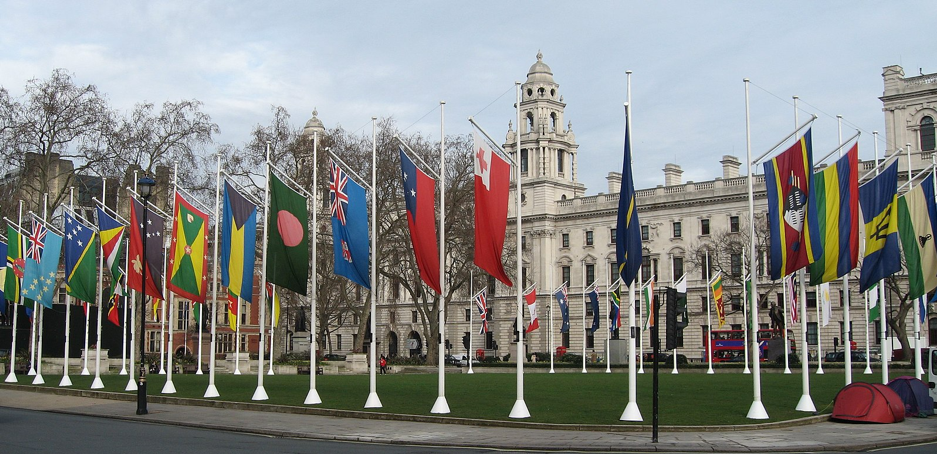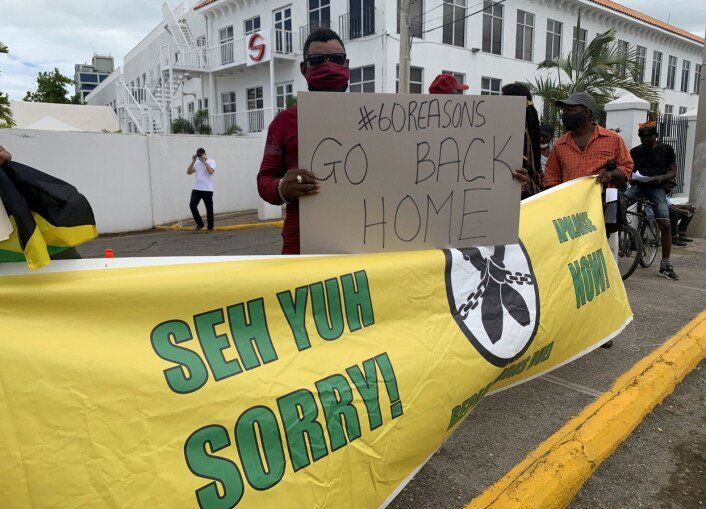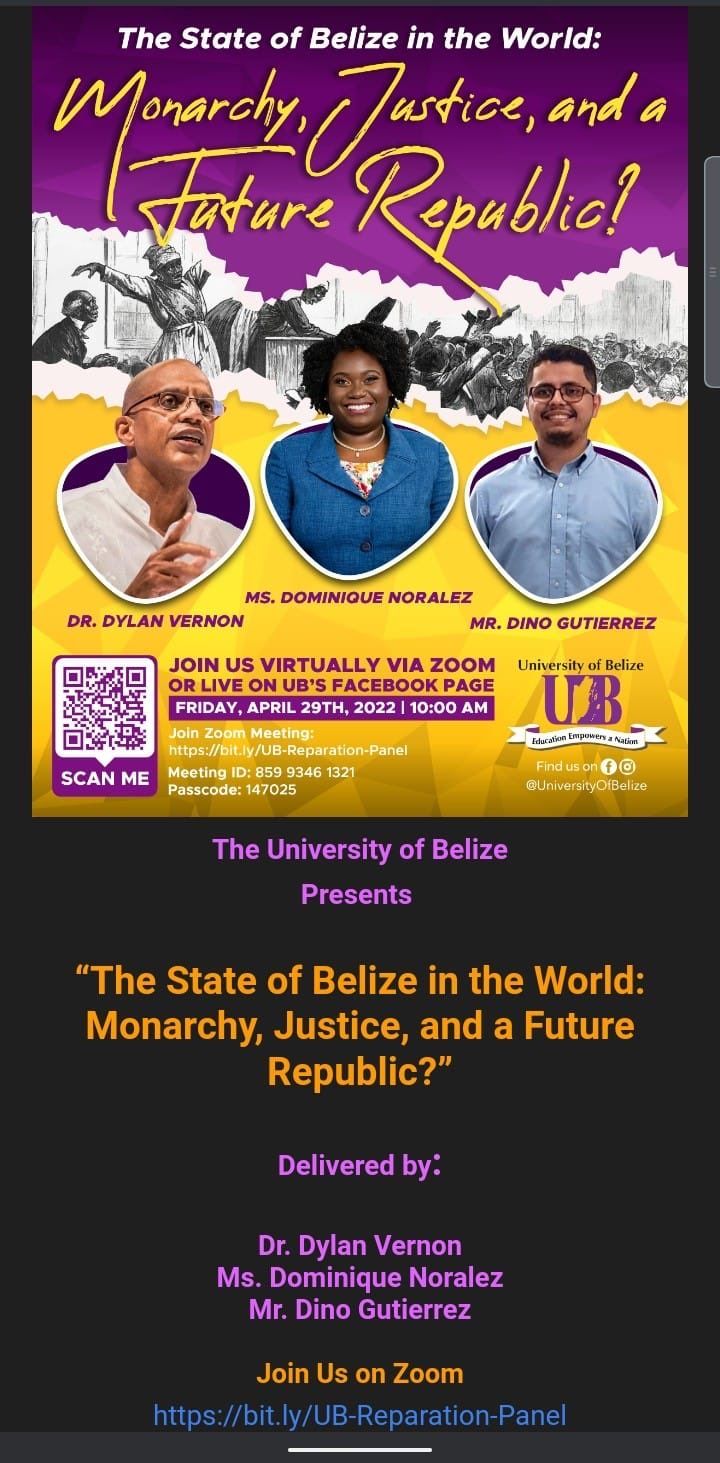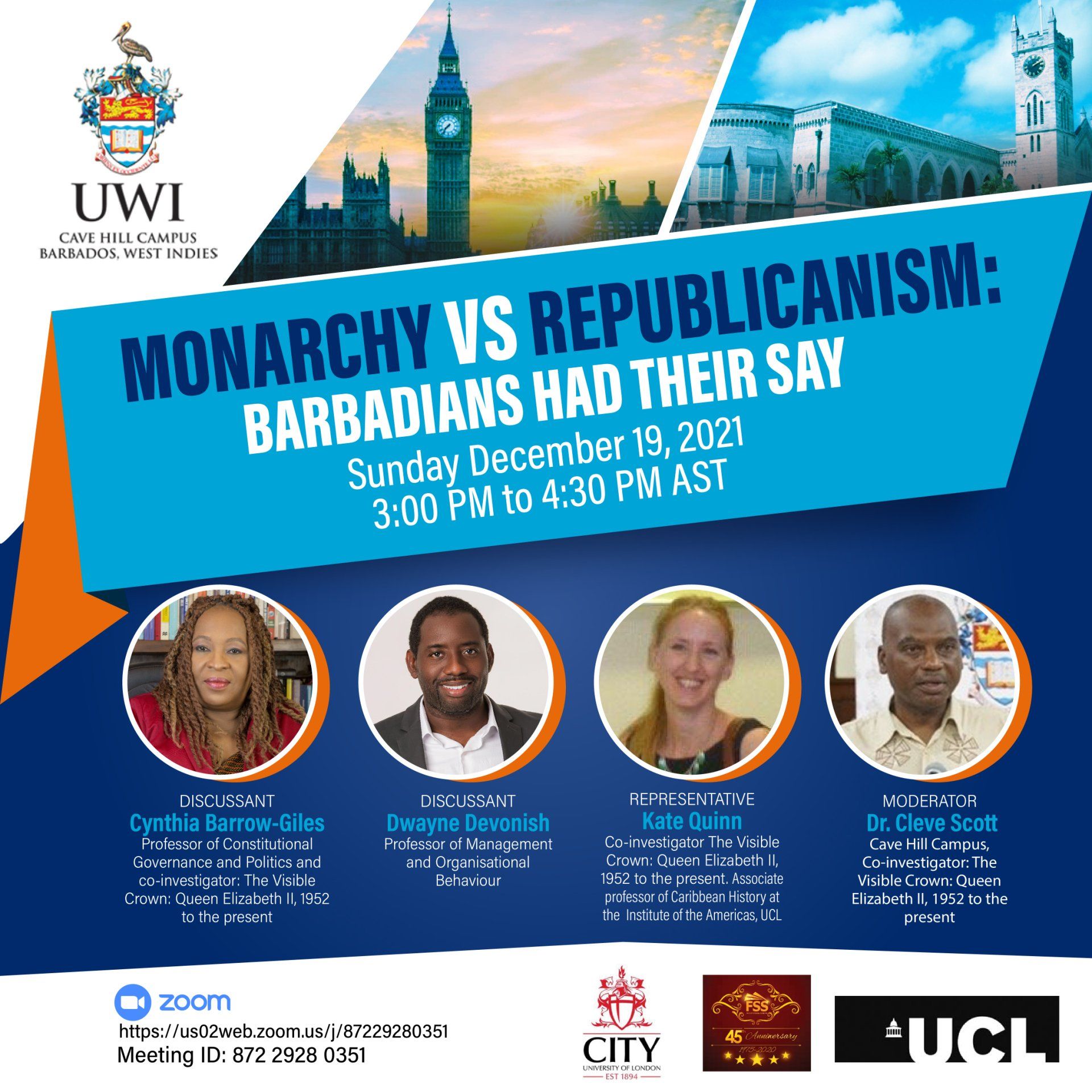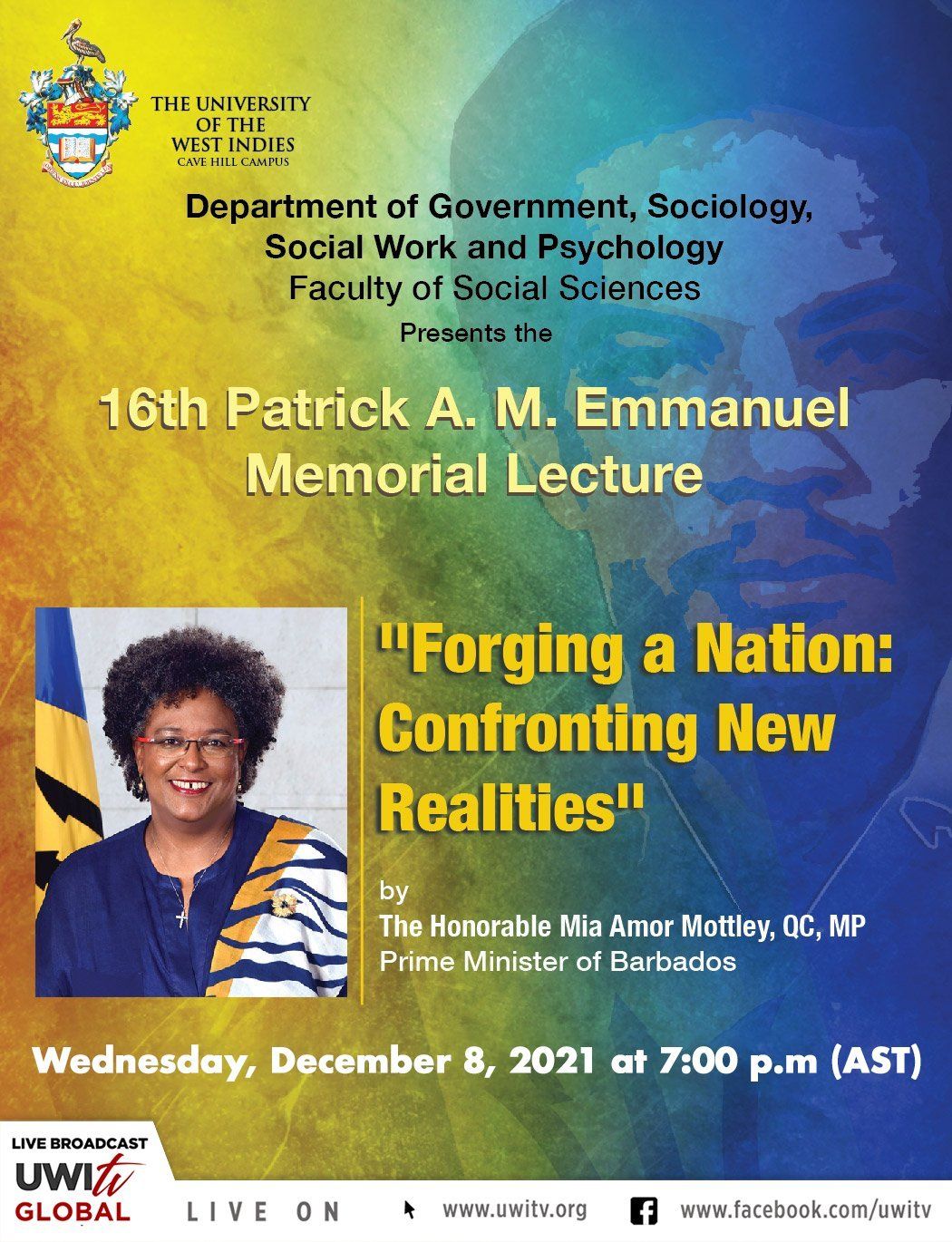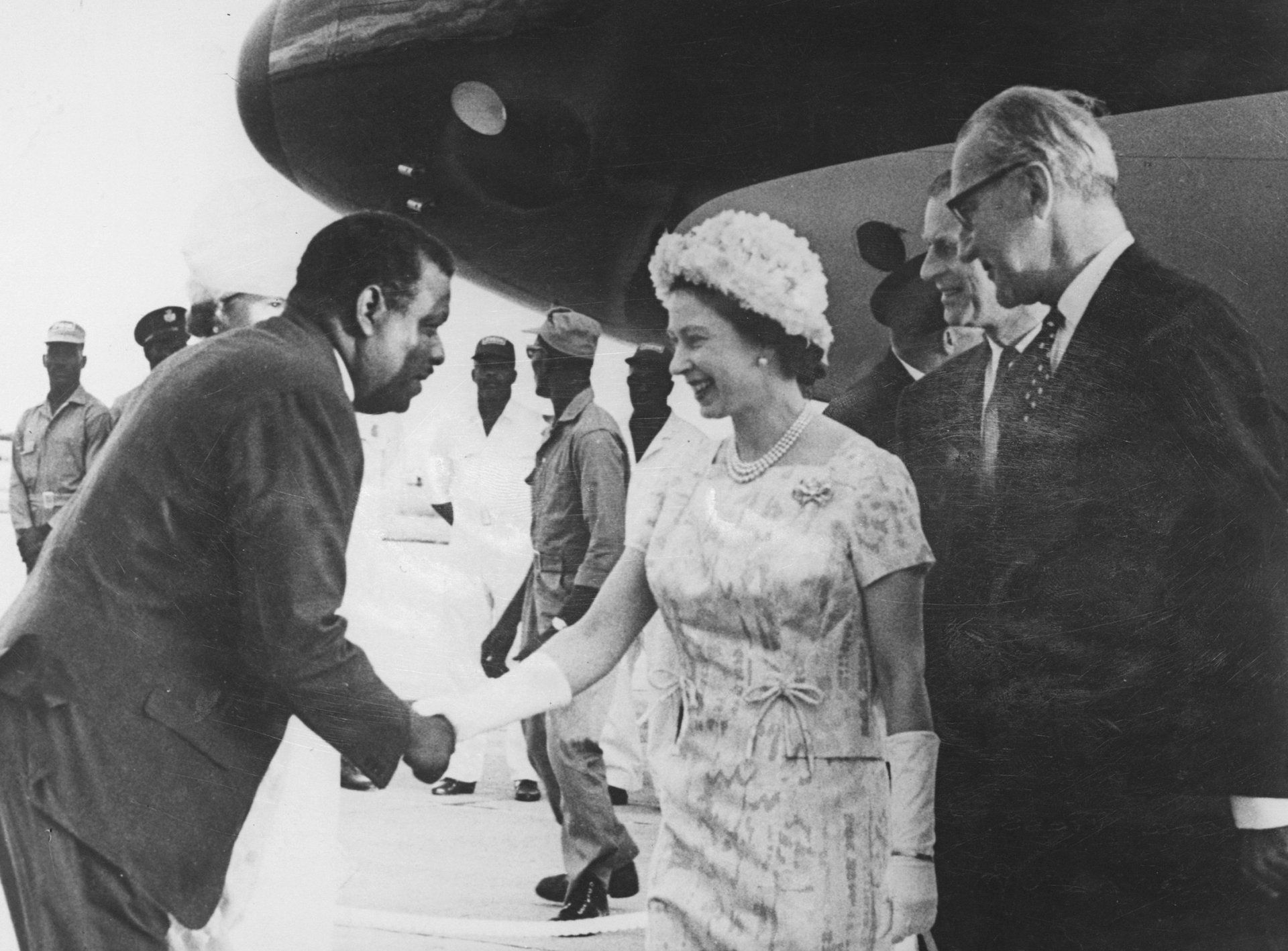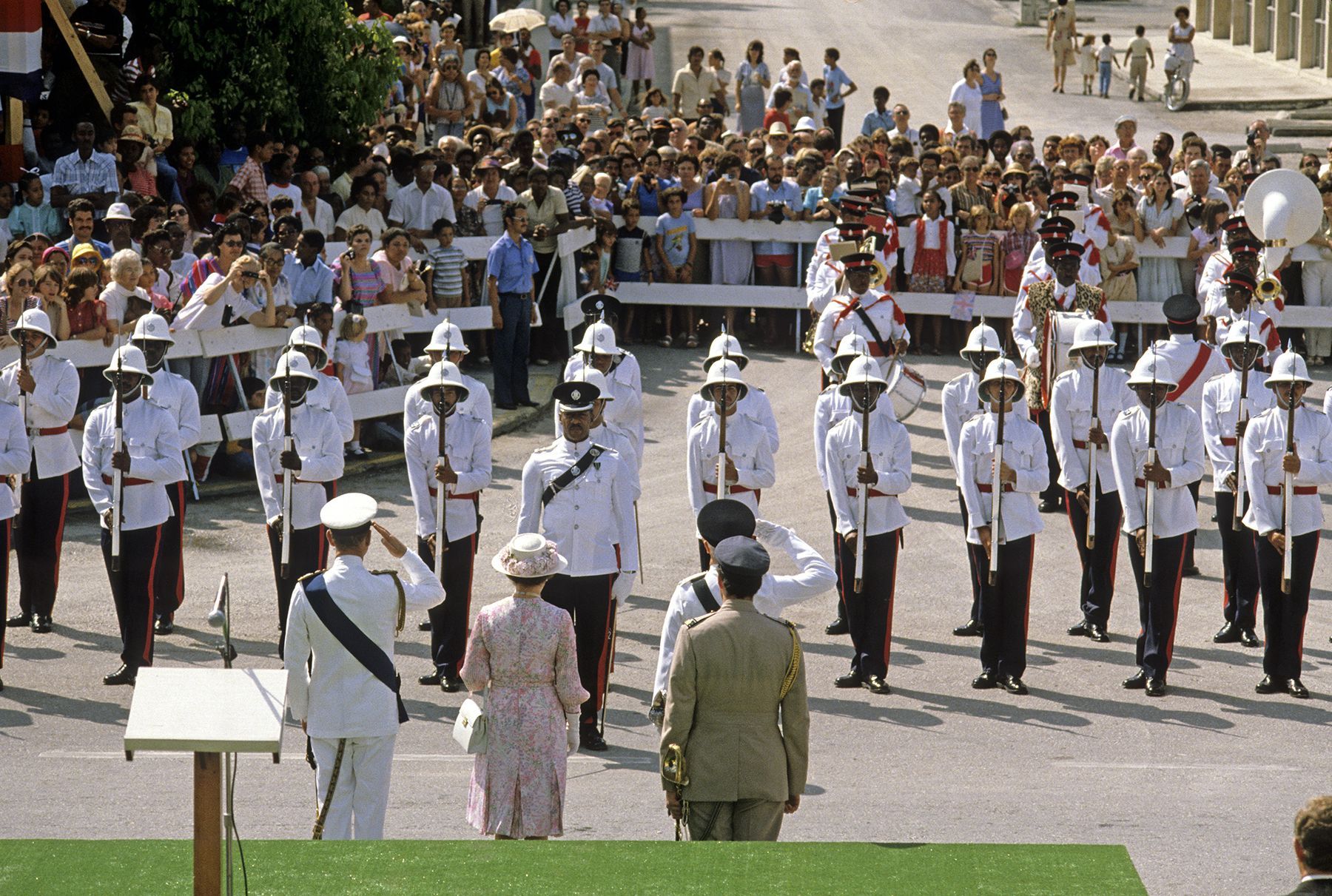
After the death of Queen Elizabeth II, historians have been reflecting on her legacy in countries across the Commonwealth. In British Overseas Territories like the Cayman Islands, where she remained Queen for the entirety of her reign, her death was more visibly commemorated than in many independent, formerly colonised nations where her legacy appeared more complicated and controversial.
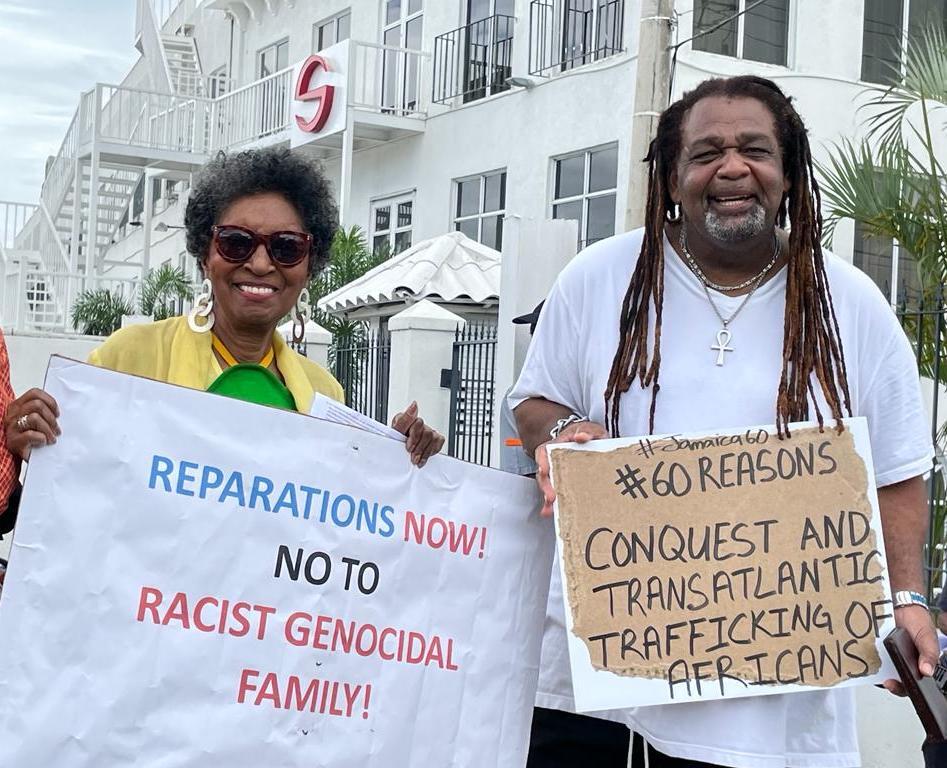
Barbados’ transition to a republic in 2021 raised the question as to whether any of the eight remaining constitutional monarchies in the Anglophone Caribbean would follow suit. Moreover, the highly criticised royal tour by William and Kate in March 2022 prompted calls to remove the Queen in all three of the countries they visited: Belize, Jamaica and the Bahamas.
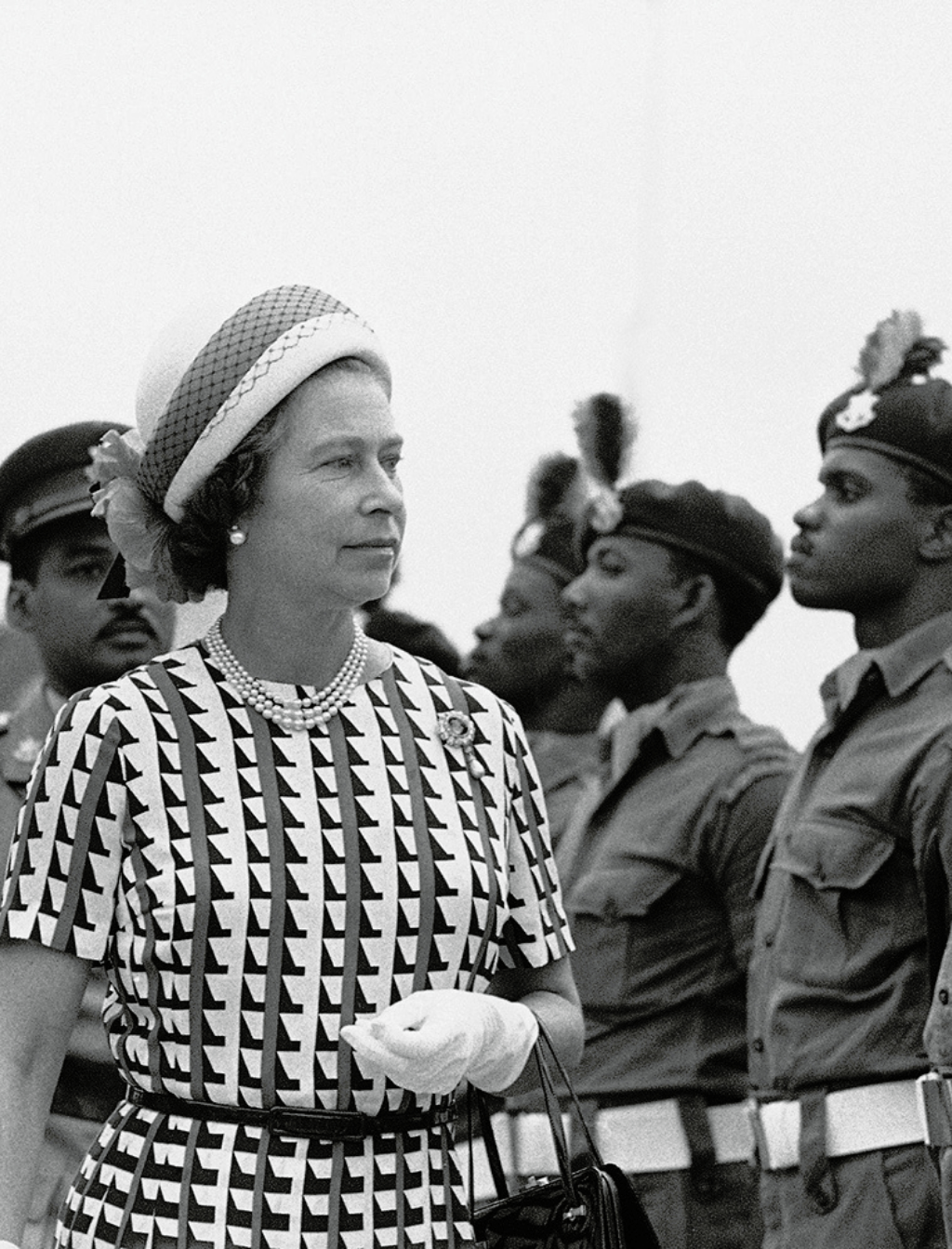
10 November 2021, 5:30 pm–7:00 pm In November 2021, fifty-five years after independence, Barbados will transition from a constitutional monarchy to a Republic. Barbados is the fourth Commonwealth Caribbean nation to remove the Queen as constitutional head of state, joining fellow republics Guyana (1970), Trinidad and Tobago (1976), and Dominica (1978). While the decision to become a republic has been broadly supported, the process of enacting this change is not without controversy. What are the implications – constitutional, symbolic, and material - for Barbados, and for the wider region? Why has Barbados succeeded in this endeavour where other Caribbean states have failed? To what extent is there political will or popular support to effect such a change elsewhere? Has ‘time come’ for the British monarchy in the Caribbean?
